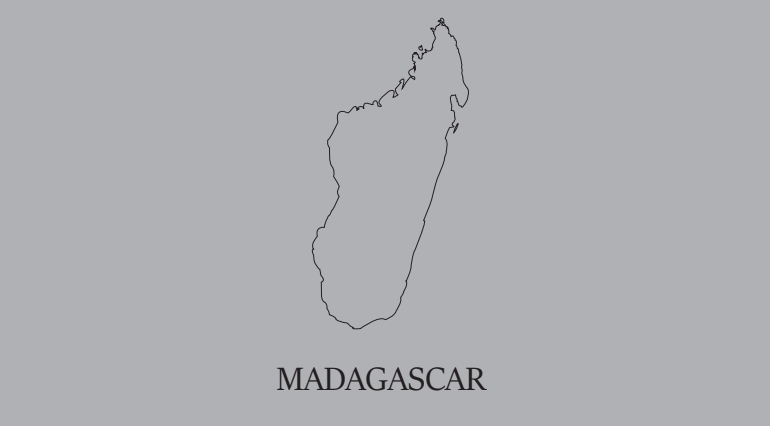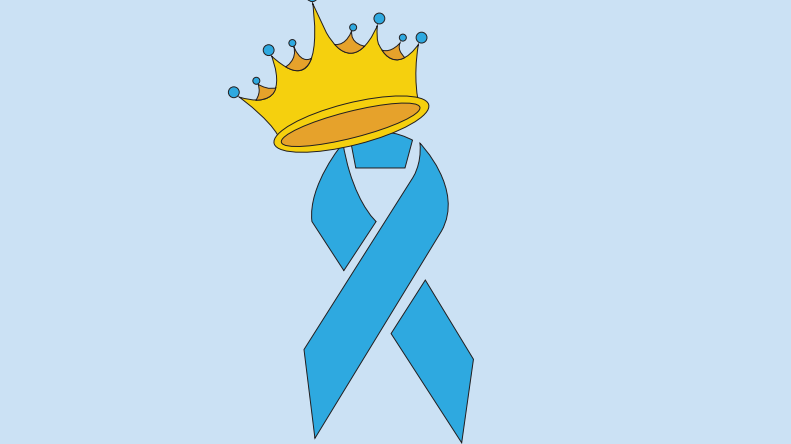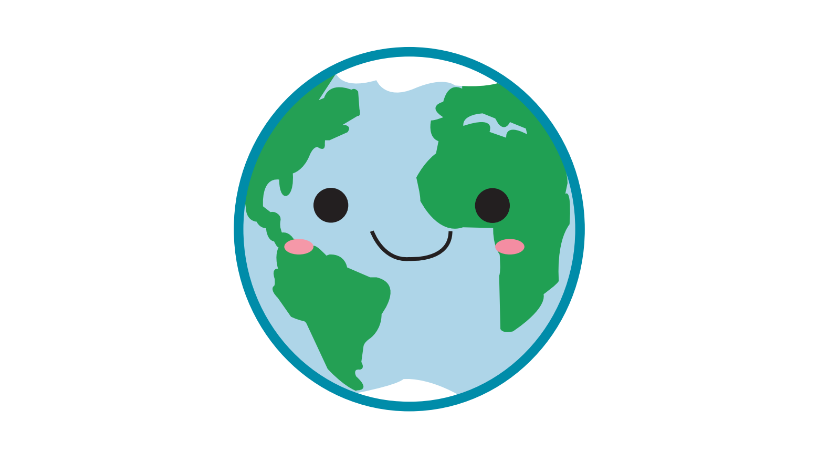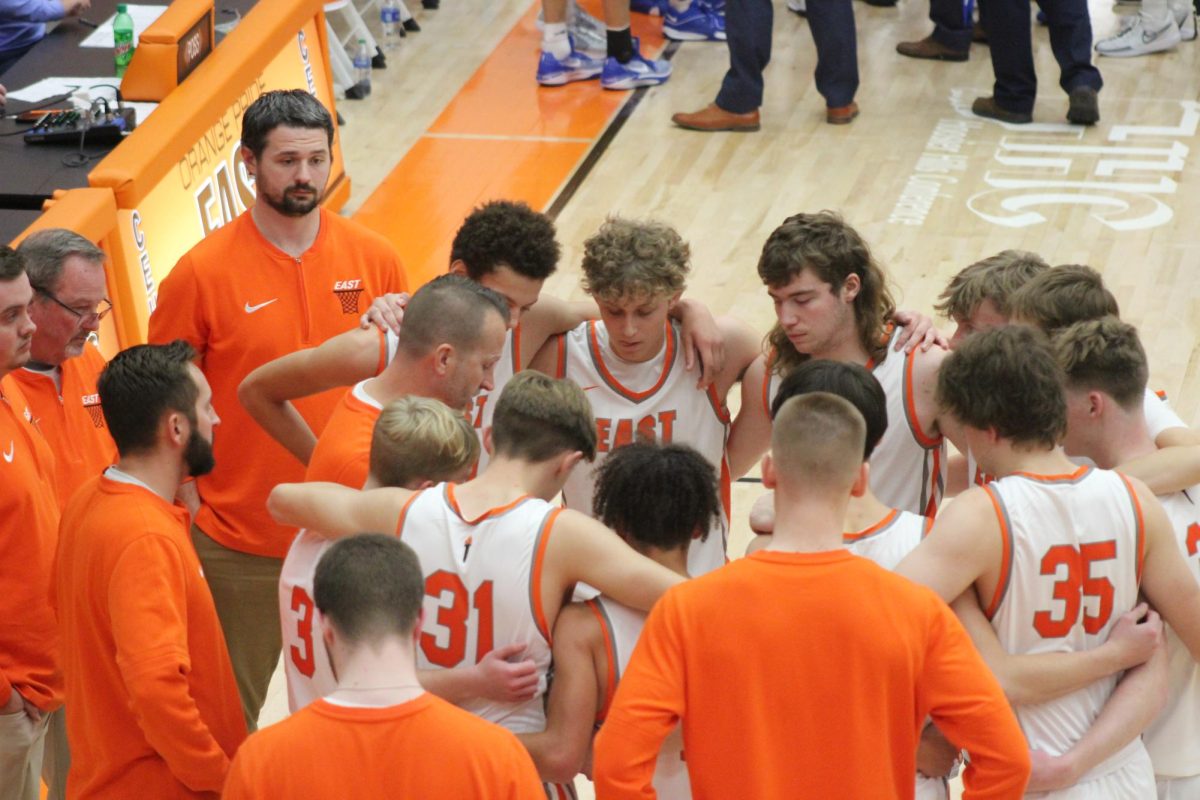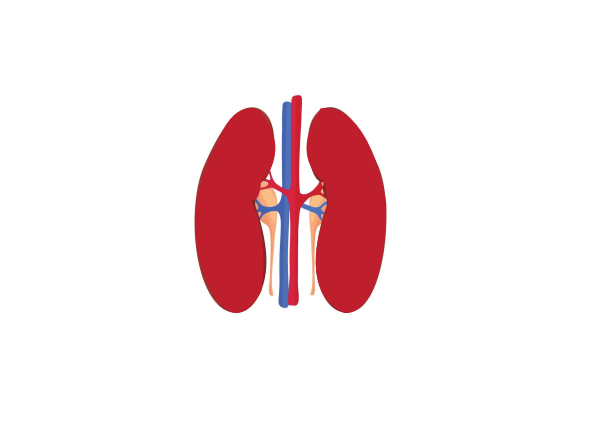A secluded land of lush greenery and lavish waterfalls surrounded by a vast ocean of beautifully clear water: Madagascar is a wild and untamed land, or it used to be. Today, the island is only a small example of what used to be.
Madagascar is a large island off the coast of Eastern Africa and with 226, 658 square miles of land, there’s plenty of room for both humans and animals to coexist.
Unfortunately, this synergy between wildlife and the modern world has yet to be achieved. In fact, recent studies conducted by the Lemur Conservation Network have suggested that nearly “50 percent or less of its forest cover” has been lost.
While this amount may seem insignificant to many, especially considering the size of the island, nearly 90 percent of all species on Madagascar, including both flora and fauna, are endemic to Madagascar alone.
To put it into greater perspective, Madagascar is the only place in the world where people can see wild lemurs in their natural habitats. However, this habitat loss has caused most species to become increasingly rare.
Most flowers and trees found in Madagascar have become increasingly rare as well, leading to a steep decline in food for not only lemurs and many insect groups but also the indigenous peoples of Madagascar.
A large reason why the forests have been logged or cultivated is due to the massive rise in agriculture in Madagascar. Agriculture is one of Madigascar’s top industries, providing jobs to over 82 percent of the population.
The techniques used in their agricultural business, primarily “slash-and-burn”, are extremely devastating to the environment. The wildfires from these techniques have been known to devastate multiple conspiracies of lemurs at a time.
In an attempt to rescue the endemic flora and fauna of Madagascar, teams of conservationists, including the WWF, Lemur Conservation Foundation, and the Rainforest Trust, have come together to create national parks and illegal logging zones.
However, anybody can help their efforts by merely spreading the news about the beautiful species endemic to Madagascar.
“Unless someone like you cares a whole awful lot, nothing’s going to get better. It’s not,” the Lorax said.


